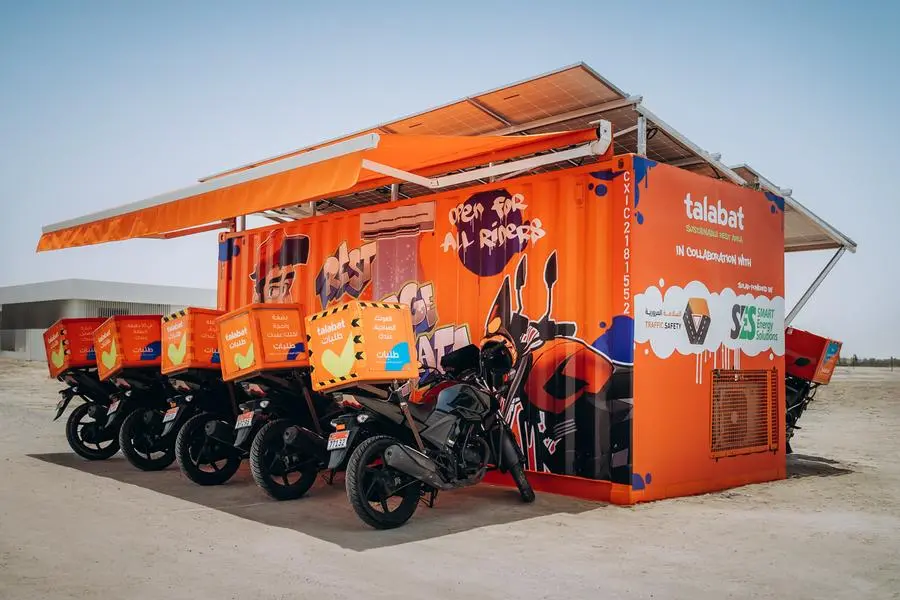Talabat, the Middle East arm of Germany-based Delivery Hero, is set to launch its highly anticipated Dubai initial public offering (IPO) next week, sources familiar with the matter told Reuters. Expected to raise over $1 billion, this IPO would rank among the largest public listings in the UAE this year, with trading potentially beginning as early as Monday.
The offering by Talabat, a leading food delivery platform, comes as the Gulf region experiences a surge in retail activity and a series of high-profile IPOs aimed at reducing economic dependence on oil. This week, UAE-based hypermarket chain Lulu Retail raised $1.72 billion in its own IPO, underscoring the strong demand for public listings in the region.
Founded in Kuwait in 2004, Talabat has expanded its services across the Middle East, including the UAE, Oman, Qatar, Bahrain, Jordan, Iraq, and Egypt. The platform, which currently serves over six million active users, offers food delivery as well as grocery and retail items such as health and beauty products.
Delivery Hero acquired a majority stake in Talabat in 2015 and plans to maintain its ownership position following the IPO. This decision aligns with the parent company’s strategy to reduce debt, according to analysts. Giles Thorne, a Jefferies analyst, noted that the IPO represents a significant opportunity for Delivery Hero, describing Talabat as “one of the highest quality on-demand delivery platforms globally” and estimating its value at €11.5-13.5 billion.
The IPO follows a period of high volatility for Delivery Hero’s stock, which has seen a 74% drop since its peak in January 2021, initially driven by the surge in demand during the COVID-19 pandemic. The IPO in Dubai could strengthen Delivery Hero’s balance sheet while capitalizing on Talabat’s growth across the Middle East and North Africa (MENA), where Delivery Hero also operates through Hungerstation, Yemeksepeti, and InstaShop.
With Talabat’s IPO set to launch soon, the listing is expected to draw significant interest from investors keen on tapping into the booming on-demand delivery sector. The company faces competition from regional rivals, including Saudi Arabia’s Jahez and Uber-owned Careem.





